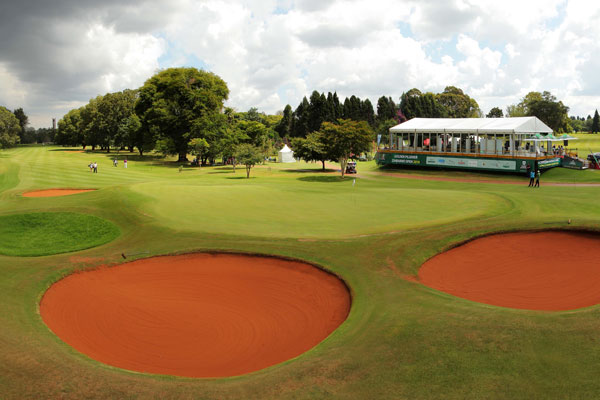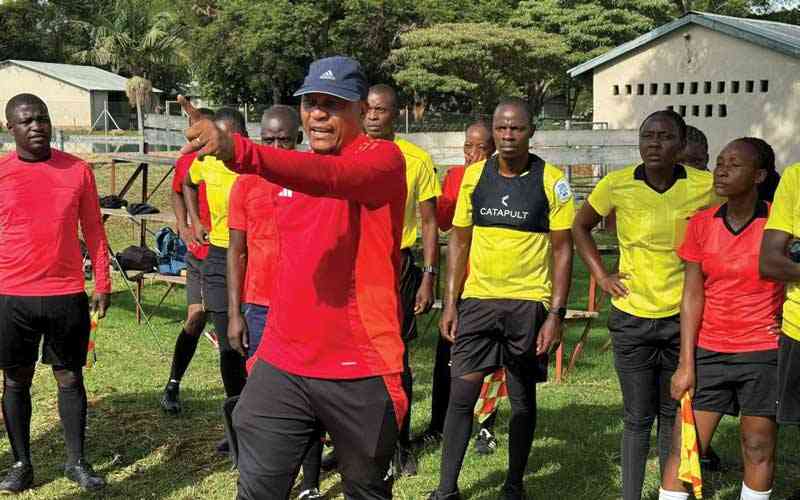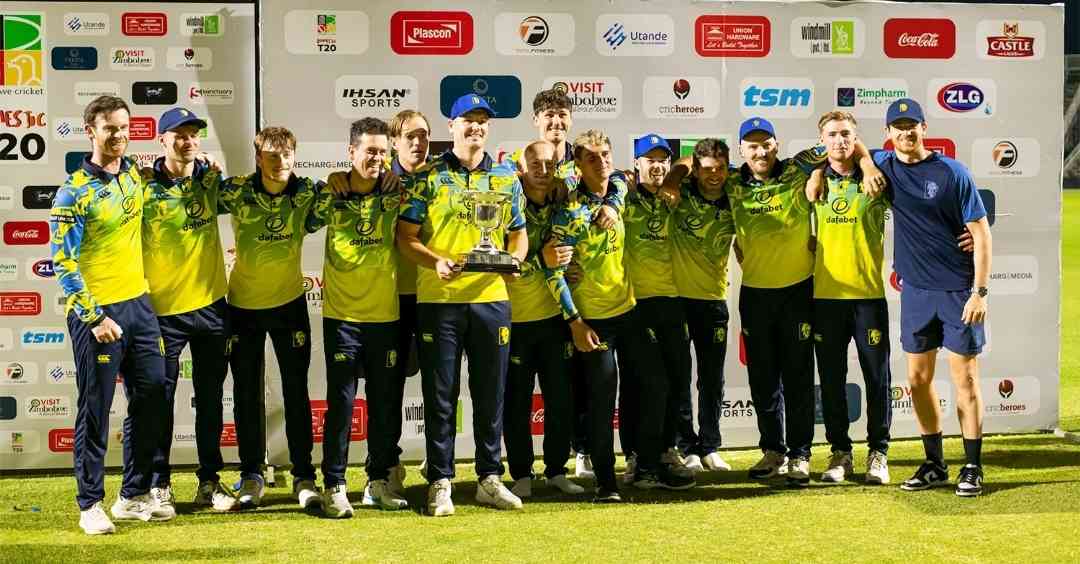
school of sport:with TIM MIDDLETON
THE wind can have a devastating effect on golf, in particular. At the recent Arnold Palmer Invitational played at Bay Hill Golf Course, strong, swirling winds led to only one player in the final two rounds scoring less than 70; it was described as being so “brutal” that the world number three Brooks Koepka scored a 9-over round of 81. Similarly, the UK has recently been battered by storm after storm, with winds reaching incredible speeds and intensity, causing widespread and devastating destruction. However, we must not forget the tremendous benefit of harnessing the power of wind.
We have considered in a previous article how being competitive can be destructive, but now we must help children to see that the competitive spirit, like the wind, can also be constructive, depending on three major factors: the force of it, how prepared we are for it and how we control it. If we do not teach them how to be competitive constructively, they will not learn; it does not come naturally. Indeed, if we do not teach it at all, we are being completely irresponsible and dangerously naive. Sadly, we think we do teach this. In truth we only do half of it, if that. We teach them how to win, but only a few win; in a race, more people lose than win, while in a league more teams lose than win. What is more, everyone will lose sometime so they need to be ready for such an inevitability. How can we help them?
So, firstly, yes, we must teach young people how to win. We teach them how to beat the opposition, by developing their skills and by explaining the tactics, but that is not all. In fact, there may be no better place to look than John Wooden’s ‘Pyramid of Success’ (unashamedly used by Stuart Lancaster when he was the English rugby coach) which outlines the necessary attributes: Industriousness, friendship, loyalty, co-operation and enthusiasm, intentness, initiative, alertness and self-Control, skill, condition and team spirit, confidence and poise, competitive greatness. Others might add focus, determination, perseverance, even bloody-mindedness. That is what youngsters need to learn in order to compete.
However, we must ensure that we also teach them how to handle winning. We probably do teach them that the most dangerous period in a match is the five minutes after we score, when we are still on a high and not fully re-focussed. We would equally be wise to show that mad celebrations following a goal, try or wicket do not help! But do we teach them how to cope with the euphoria, joy, elation, ecstasy and exhilaration? Do we teach them not to be arrogant, complacent or casual following great success? If we do not, we are not helping them to be competitive.
Equally, in enabling children to be competitive, we must also teach them the reverse. As we teach them how to win so we must also teach them how to lose. We have to teach them how to respond when we go a goal down or lose a match. As Wooden had his Pyramid of Success, so this writer has his Pyre of Failure, as a means of learning to lose: the key ingredients are attitude, belief, confession, dignity, equanimity, realism, humility, humour, openness, Hurt, Perspective, Forgiveness, courage, determination and perseverance. Those qualities will make them competitive.
And in a similar manner, we must teach young people how to cope with defeat and disappointment. Defeat or loss is not the end of the world; it is the beginning of a recovery period. It is a learning exercise, a vital ingredient that we all need to know how to handle. If we cannot handle the effect of the wind on the golf course, we will not be competitive.
What it boils down to is what Rudyard Kipling wrote in his wonderful poem entitled If, when he wrote that, “if you can meet with triumph and disaster and treat those two imposters the same” then we will be a man (which is much more important than being a success). We must train them to show respect, humility, integrity, perspective, gratitude, sensitivity, honesty, serenity, grace, honour in the glare of success as much as in the gloom of failure. Winning does not define the children’s value or worth; neither does losing. As with the wind, are we prepared for the force of competition? Are we able to control and harness competition for good? We can and we must, but only by teaching them all aspects of competition. It is the same wind, but it may be constructive or destructive.
- Chamisa under fire over US$120K donation
- Mavhunga puts DeMbare into Chibuku quarterfinals
- Pension funds bet on Cabora Bassa oilfields
- Councils defy govt fire tender directive
Keep Reading
l Tim Middleton is a former international hockey player and headmaster, currently serving as the executive director of the Association of Trust Schools Email: [email protected].











